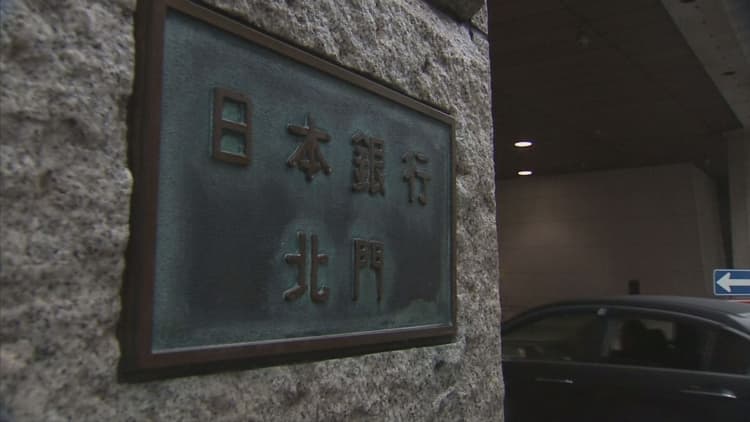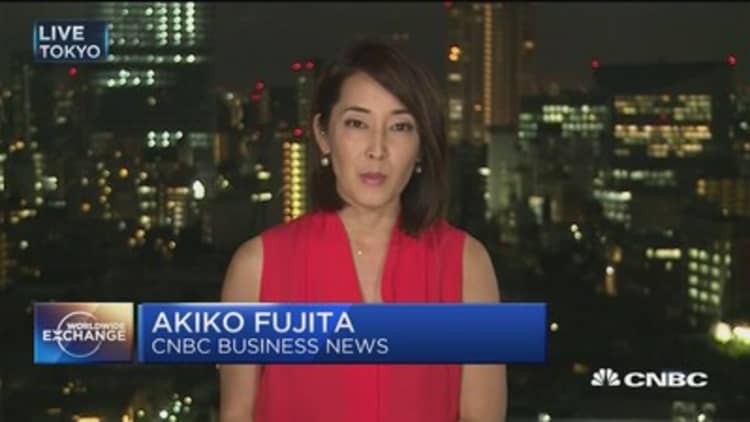
A policy overhaul by the Bank of Japan (BOJ) has led economists at Citi to declare an end to the era of quantitative easing (QE), but warn that major policy hurdles still remain for global central banks.
"The BoJ's September 21 decision to move to a framework of 10-year yield targeting marks the beginning of the end of QE (the focus on asset purchase size and balance sheet size as primary instruments of monetary policy), with notable read-through to other central banks," the economists, led by Willem Buiter, said in a new research note on Thursday morning.
QE is an unconventional form of monetary policy where a central bank essentially creates new money to buy assets like government bonds. This process aims to directly increase private sector spending and is tied to a target such as returning inflation to desired levels.
However, BOJ Governor Haruhiko Kuroda and his team have radically altered that policy. The bank implied that it was moving away from balance sheet expansion and would buy 10-year Japanese sovereign bonds so that the yield would hover around the zero percent level. This would amount to a shift towards asset price targeting, seen as a better and more sustainable way to facilitate its buying, rather than simply having the explicit target of increasing the amount of money it prints.
Shortage of assets to buy
This decision was mostly based on a realization there was a shortage of assets to buy and there were undesirable financial stability side effects, according to Citi. The economists added that it does not signify a desire to reduce accommodation or even acknowledges that monetary policy is becoming increasingly ineffective.
"These actions signify that central banks (notably the BOJ and, to a lesser extent the European Central Bank) increasingly recognize that the previous paradigm of linking specific increases in balance sheet size to changes in aggregate demand and inflation is deeply flawed and needs to be replaced," Citi said in the note.
"The immediate concern for these central banks is not so much diminishing efficacy of such purchases but rather the narrower issue of running out of suitable assets to buy and collateral damage of incipient asset shortages."
ECB to follow?

The BOJ's policy shift may create some useful additional flexibility but the ECB might not follow suit, according to Citi, who suggests that there are a number of limitations and complications.
More specifically, the ECB would need to find a way to choose the right level of yields across the 19 countries of the euro zone. This could prove politically difficult and may even conflict with one of the treaties of the European Union, Citi said.
"It is not inconceivable that the ECB will try to introduce some flexibility into its pace of asset purchases, even though it will be difficult for the ECB to do so without giving the impression that it is tightening policy," the note said, adding that it might be easier for the Bank of England to emulate the BOJ in the future.


